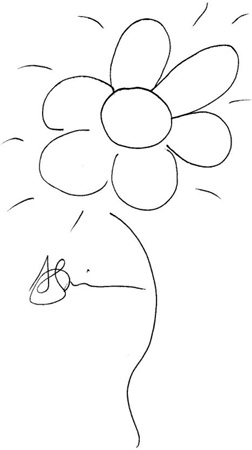A Poem Traveled Down My Arm


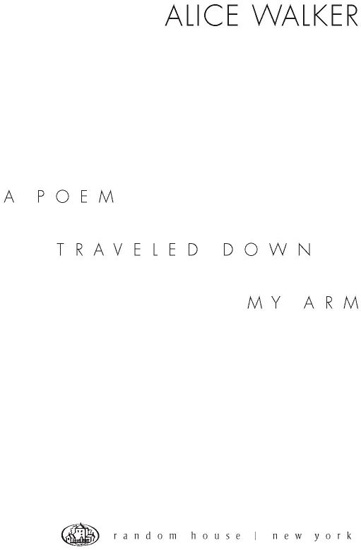
Table of Contents
To water
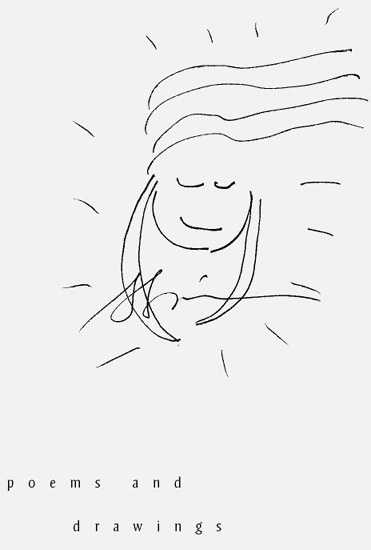
poems and
drawings
Until grief is restored
in the West as
the starting place where
the man and woman
might find peace,
the culture will continue
to abuse and ignore
the power of water,
and in turn will be
fascinated with fire.
—Malidoma Patrice Somé,
THE HEALING WISDOM OF AFRICA
THIS IS A STRANGE BOOK
This is a strange little book. It is like a plant in one’s garden whose seed was blown in by the wind.
The story of
A Poem Traveled Down My Arm
is this: After giving up writing altogether—after more than thirty years of writing, I thought it was time— I had written a book of poems,
Absolute Trust in the
Goodness of the Earth,
while on retreat in Mexico. My editor asked me to pre-autograph “tip-in sheets” for the new volume, and sent me five hundred. Signing these sheets of paper, which would later be “tipped” into the book and bound, would save me time later on autographing copies of the book at bookstores; readers, I think, like to buy books that are autographed. So I sat down near a sunny window, and between cooking and gardening and traveling and so on, I signed all five hundred sheets. By now, my autograph has become a scrawl, illegible to anyone but myself, and so I’ve begun to think of it not as words, but as a design. I sent the signed sheets off. A few days or weeks later, I was asked to autograph another thousand. I came face-to-face with how boring it is to write one’s own name. Unlike many people who are asked for autographs and who willingly give them no matter what else they might be doing, I will often refuse. Gently and graciously, usually. Or I will explain: No, I am on my way to the dentist, a funeral, grocery shopping, this is not a good time. By now I must have written my name a million times.
As I began signing sheets of the quite high stack of blank paper, my pen joined me in boredom at writing my name. It began to draw things instead. I was delighted. There was an elephant! A giraffe! A sun! A moon! Hair!
And at the same time, as if completely
over
the mundane task of writing my name, we, my pen and I, began to write poems.
I was working in the dining room and keeping an ear open to things cooking on the stove in the kitchen. Sometimes I would rush to stir the soup, and a poem would bubble up so quickly I had to forget the soup and rush back to write the poem. For a while I simply signed the drawings and left them in the stack. I thought: How sweet to offer this signed drawing to the person who buys this book, rather than a scrawled signature. But the poems and drawings started to form something that I thought I might like to experience myself, so I pulled them out of the stack.
I saw that the poems spoke a different poem-language than I usually use, which meant I was somewhere, within myself, new. The drawings reflected the fact that I don’t know how to draw, and yet, like folk art all over the world, they had Life. Stuffing them under a cushion because they seemed awkward wouldn’t work, because they did have this life; they would peek out.
And that, dear reader, is the story. Not all of it, of course.
Because.
It is really a story about exhaustion. About deciding to quit. About attempting to give up what it is not in one’s power to give up: one’s connection to the Source. Being taught this lesson. Ultimately it is a story about Creativity, the force that surges and ebbs in all of us, and links us to the Divine.
In
A Poem Traveled Down My Arm
there is a poem that goes like this:
What hair
we here!
Mandela
Douglass
Einstein
Between assassination
suicide
living
happily.
On the page following this poem there is a drawing of their hair. Mandela’s is a mandala of curled and tightly spiraled rosettes, all happy to grow over and around one another. Frederick Douglass’s hair, the mane of a man who would not be a slave and definitely would not be badly dressed once he was free, is an attitudinal, kinky fluff that hangs to his neck. It was white as snow during much of his life, and must have lit up every room he entered, like a moon. Einstein’s mind-blown locks speak to the naturalness that true creativity demands. He had seen where we’re headed: The Third World War may be fought with bombs, he declared, but the Fourth World War will be fought with sticks and stones. Or words to that effect. Hair care was the least of it. And so his hair defines the expression “every which a way.”
Mandela a “terrorist,” Mandela with a price on his head, or on any piece of him, in fact; Mandela in prison for twenty-seven years; Mandela with a free heart. Douglass the same: enslavement, refusal of enslavement, flight, resistance, rebellion.
Free heart.
Einstein different, but similar: He saw humanity’s enslavement to its fear of itself, where such fear would lead. Still he enjoyed some very good days.
And so it can be with us. And so says the poem:
Between assassination
suicide
living
happily.
1
Because
you rubbed
my shoulder
last night
a poem
traveled down
my arm.
Living
this year
in
disaster:
How
is
it different?
No one
has
escaped
a
blessing.
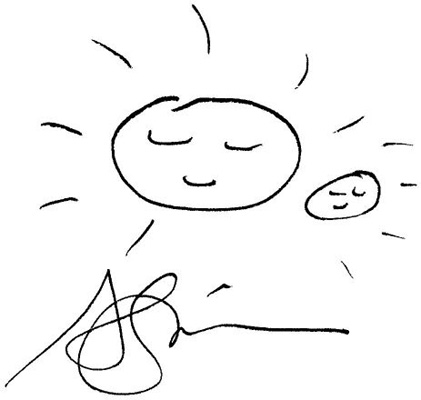
2
There is
no God
but
Love
Helpfulness
is
Its
name.
Air
is God
& connects
us.
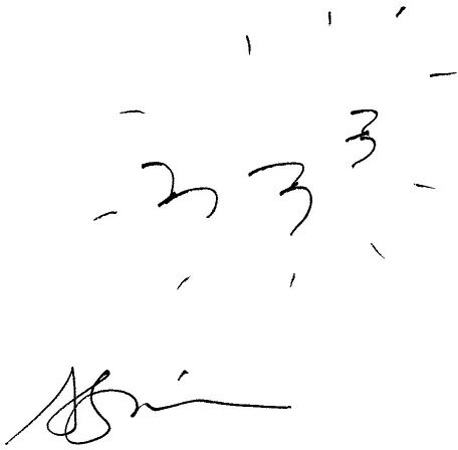
3
Every time
you
die
you live
differently.
You cannot
eat
money
if you could
it would
make
you
sick.
Removing
the
boulder
reveals
the
message
underneath.
Buddha
helps
us up
while
lying
down.

4
The right road
disappears
beneath
our
feet.
Goddess looks
through
your eyes
is
your hand.
The end
is coming
yesterday
it was
here
too.
Earth
is
too wet
to be
a
machine.
Those
who remember
have
been touched
by us.
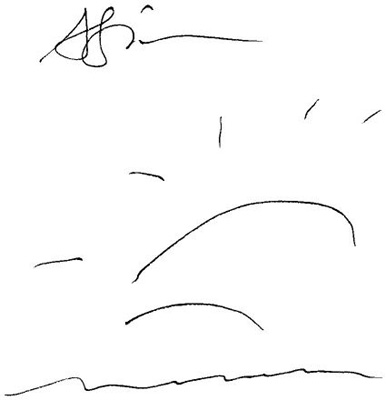
5
Unload
the
useless
information
say
farewell
to
comparing
mind.
Balance
She is
not
dead
who left
her
giggle
in
your
empty
field.
You will
be
tried
in the
fires
of
small talk.
Your
suffering
from
witticisms
will
be
endless.
